Ah, the economy—a delicate dance of numbers, predictions, and occasionally, political chaos. Let’s dive into this potential recession with a mix of seriousness and levity because, let’s face it, if we’re hurtling toward economic doom, we might as well laugh while strapping on our financial seatbelts.
The Recession Recipe: Tariffs, Trade Wars, and Trepidation
Picture this: Donald Trump, armed with his signature tariffs, is like a chef in the kitchen of the U.S. economy. Only instead of whipping up a gourmet dish, he’s tossing random spices into the pot without reading the recipe—or even knowing what meal he’s making.
The result? A volatile stew that no one wants to eat.
Economists are sounding alarm bells about how these tariff flip-flops (on-again-off-again policies) have created a climate of uncertainty. Translation: Businesses are too scared to expand, consumers are tightening their wallets, and everyone is Googling “How to survive a recession” faster than you can say “Art of the Deal.”
Constant trade-related drama has put downward pressure on consumer confidence—the backbone of America’s post-pandemic recovery.
And now, thanks to recent surveys, we know that confidence is plummeting faster than your Wi-Fi during a Zoom meeting. Meanwhile, inflation expectations are spiking, which means your grocery bill might soon require a second mortgage.
Warning Signs of Trump Recession: What to Watch For
David Rosenberg, founder and president of Rosenberg Research, gave a handy checklist for spotting a recession like a hawk-eyed weatherman predicting storms:
- Consumer Spending Data: If people stop buying avocado toast en masse, trouble is brewing.
- Initial Jobless Claims: When layoffs start creeping up, it’s time to update your LinkedIn profile.
- Capital Spending Intentions: If businesses hit pause on big investments, consider it an economic red flag.
And don’t forget the latest jobs report—unemployment ticking up from 4% to 5% could signal storm clouds ahead. Not exactly Great Depression levels, but enough to make you reconsider that Peloton subscription.
What Would a 2025 Recession Look Like?
If a recession hits, economists predict it won’t be a rerun of 2008’s housing crash or 2020’s pandemic-induced shutdown. Instead, Jesse Rothstein suggests it’ll likely stem from businesses retreating into their shells due to economic uncertainty.
Think less Hollywood blockbuster and more awkward indie film where nothing much happens, but you still feel uneasy afterward.
Gary Hufbauer estimates unemployment rising modestly and GDP taking a nosedive over a few quarters. Picture a slow-motion train wreck where the conductor keeps yelling, “Hold my coffee!”
Meanwhile, inflation will stick around like that one houseguest who refuses to leave, and the Federal Reserve will keep interest rates higher than your hopes of winning the lottery.
Surviving the Storm: Financial Tips for Turbulent Times
So, how do you prepare for a potential downturn? Economists and financial gurus offer some sage advice:
Step 1: Live Below Your Means
Personal finance expert George Kamel says the key is simple: Spend less than you earn, avoid debt, and save three to six months’ worth of expenses. In other words, channel your inner Scrooge McDuck—but maybe skip the swimming pool full of gold coins.
Step 2: Diversify Investments
David Rosenberg advises cashing out stock market gains and shifting to safer havens like gold, silver, and high-quality bonds. He also recommends looking overseas for cheaper investment opportunities, particularly in Europe, Asia, and Canada. So, if you’ve ever dreamed of becoming an international tycoon, now’s your chance!
Step 3: Cut Unnecessary Expenses
Financial adviser Carl Richards suggests trimming the fat from your budget. Cancel those streaming services you never use, rethink that luxury car purchase, and maybe downgrade your avocado toast habit to plain toast. Every little bit helps when money gets tight.
Step 4: Build an All-Weather Plan
Richards emphasizes creating a financial plan that anticipates recessions—they’re inevitable, after all. It’s like building a bunker in case zombies attack; better to be prepared than caught off guard.
The Bigger Picture: Can We Blame Trump?
While economists hesitate to pin the entire blame on Trump, many agree his tariff policies haven’t helped matters. His unpredictable approach to trade deals has left businesses paralyzed by indecision, like kids waiting for instructions at a game of musical chairs.
Add in stock market volatility and faltering consumer confidence, and voilà—you’ve got the ingredients for a perfect economic storm.
That said, Brookings’ David Wessel reminds us not to panic just yet. Stock market fluctuations alone don’t guarantee a recession. After all, Paul Samuelson famously joked that the market has predicted nine of the last five recessions—a stat that feels oddly comforting right now.
Final Thoughts
Whether or not a recession materializes in 2025, one thing’s clear: Economic uncertainty is here to stay for a while. But rather than spiraling into despair, take control of what you can. Save wisely, spend prudently, and remember—you don’t need 17 streaming services to survive.
And hey, if all else fails, there’s always gold, silver, and Canada. Who knows? You might discover a hidden talent for poutine-making north of the border.

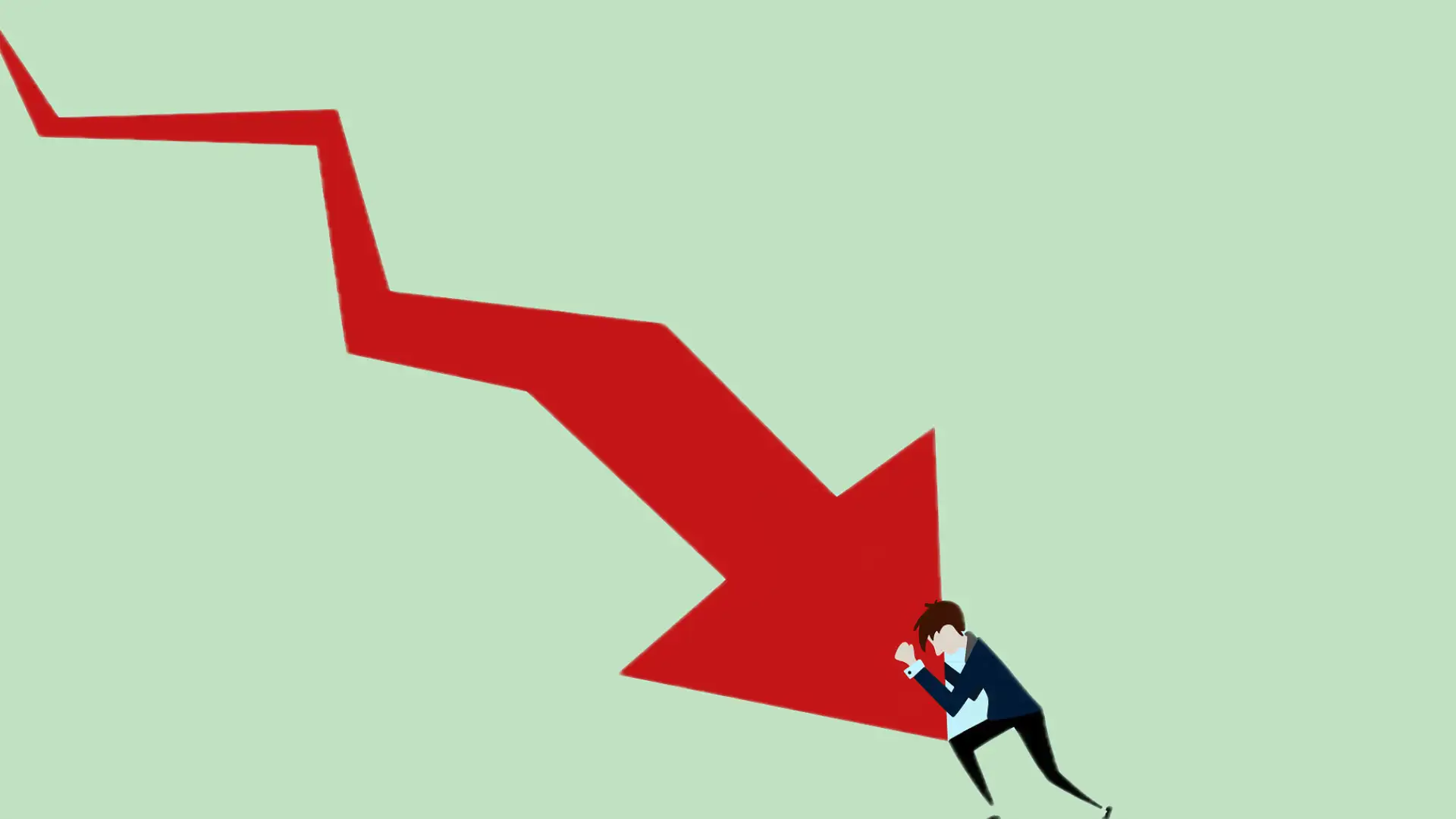


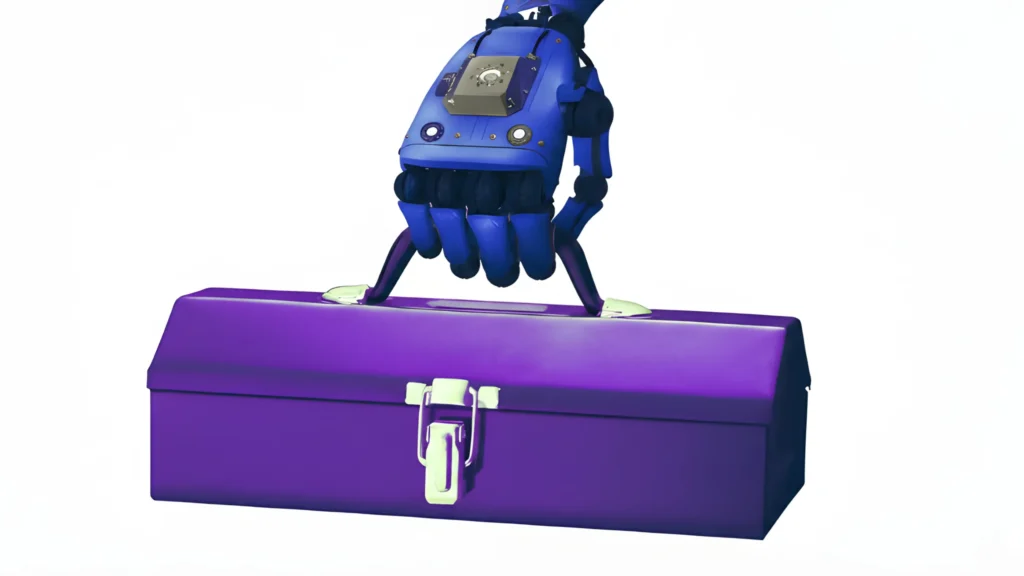

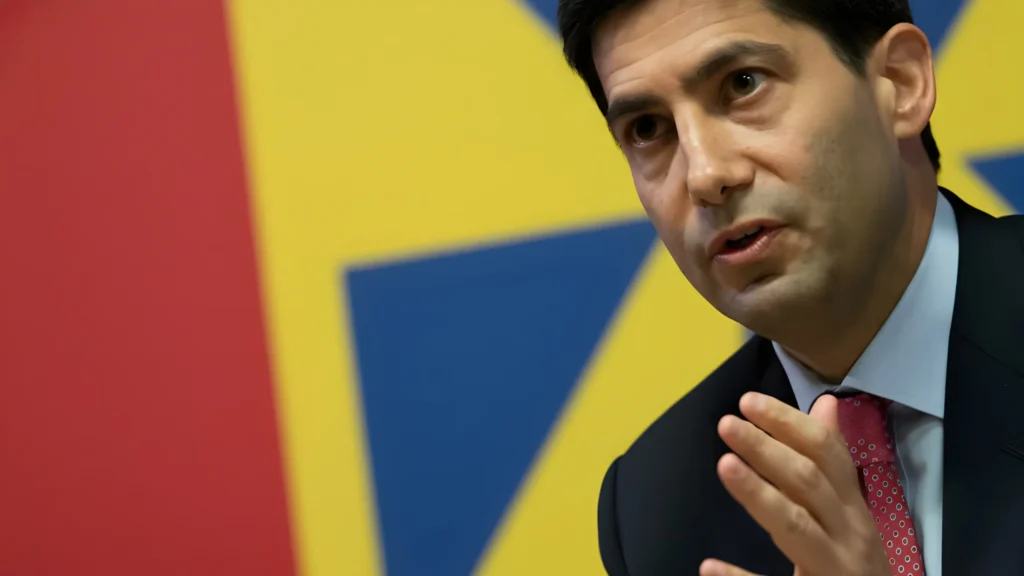

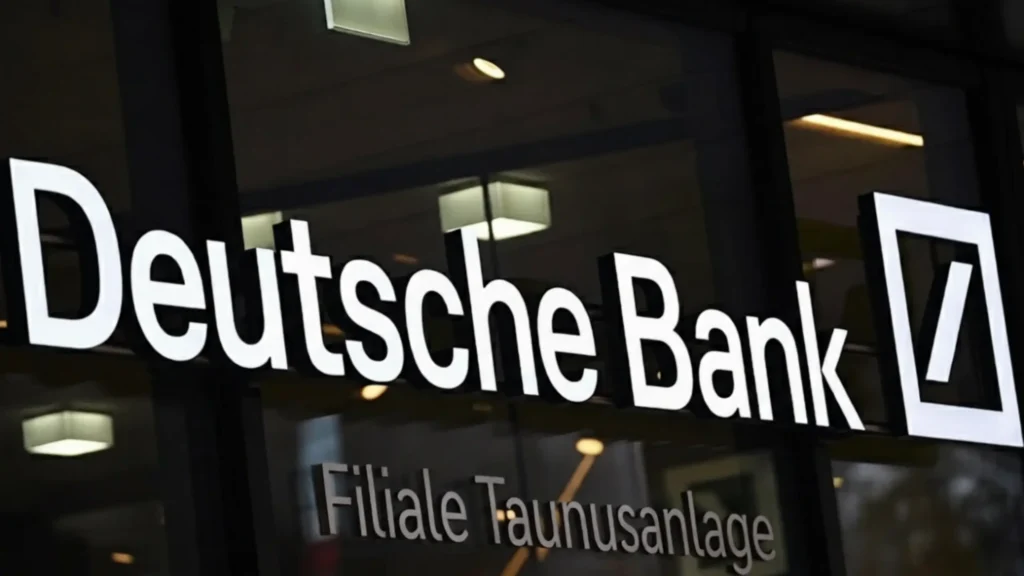
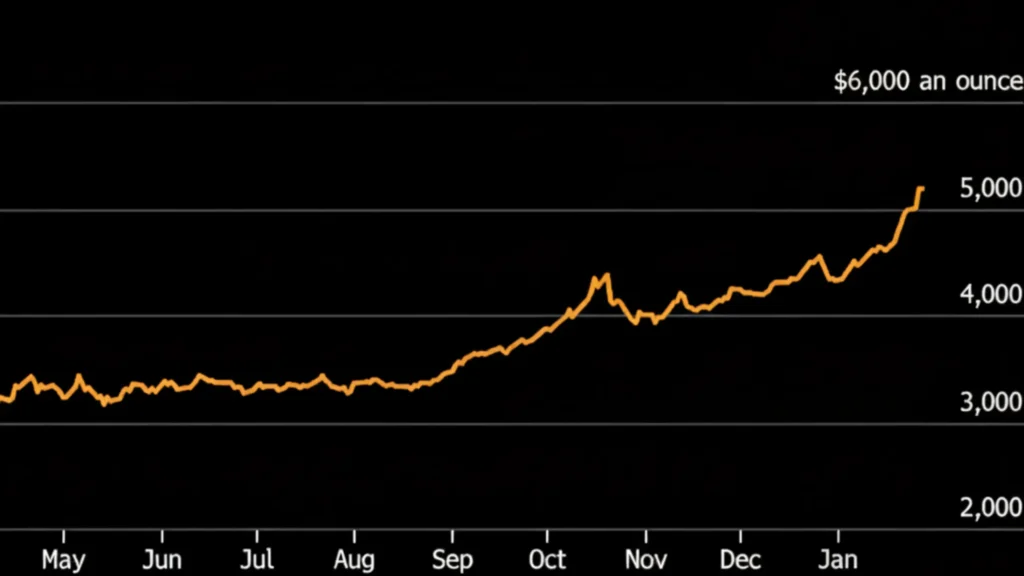
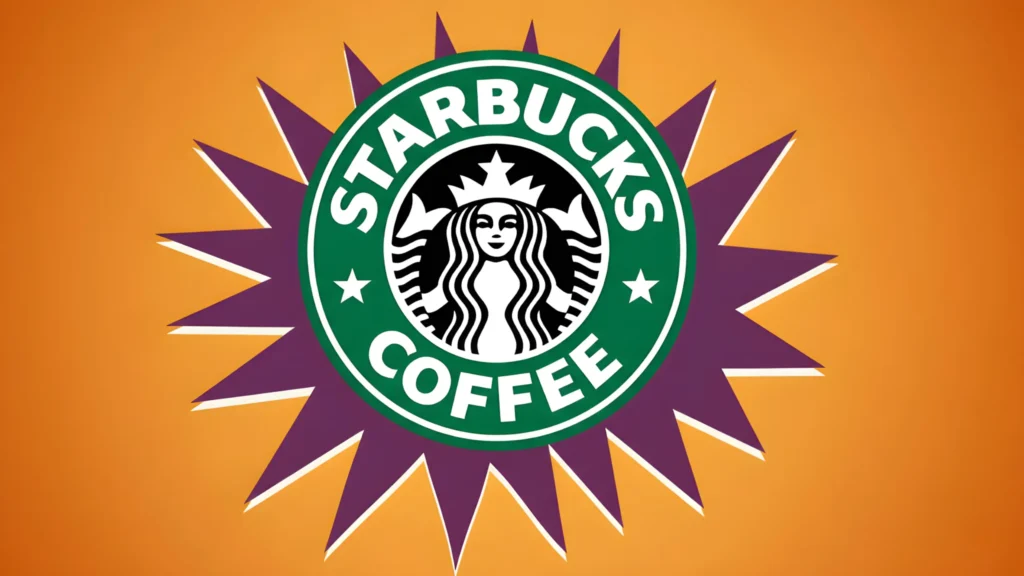

Leave a Reply